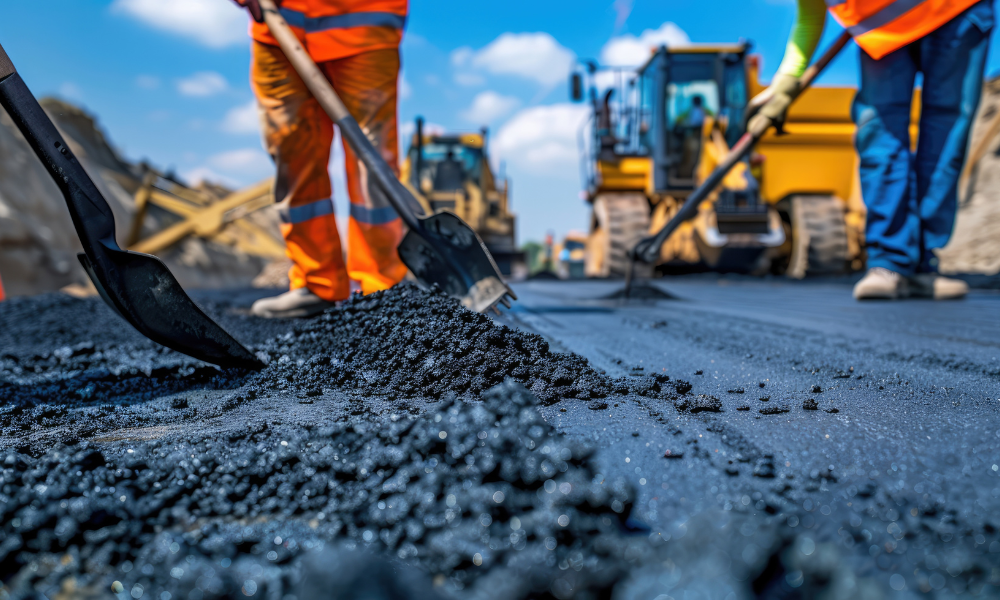
Overhaul aims to grow infrastructure and broaden land payments, land information minister says

The final stage of the overhaul to the Public Works Act (PWA) will introduce incentive payments, updated home-loss and land-loss payments, land acquisition process reforms, and emergency provisions, according to Land Information Minister Chris Penk.
The last stage of reforms seeks to modernise the system, boost productivity, grow infrastructure and the economy, introduce bigger and broader land payments, improve landowner engagement, and introduce measures supporting disaster recovery, Penk said in a news release.
First, the overhaul will include an incentive payment of 10% of the land value, with a maximum of $100,000, for eligible landowners who voluntarily sell their property before the issuance of a notice of intention, the government’s news release said. This change aims to promote early agreements on land acquisition, the news release said.
Second, according to the government’s release, the reforms will add, alongside the land value and any incentive payments, payments seeking to recognise the disruption due to acquisitions by:
Next, the overhaul will replace the initial statutory notice for land acquisitions with a more structured and streamlined engagement process, the government’s news release said. Specifically, before the issuance of a notice of intention for compulsory acquisition:
Lastly, the changes will include new emergency measures to allow land acquisitions after a declared state of emergency when activated by Order in Council. This update aims to support infrastructure restoration and community recovery.
“Cyclone Gabrielle showed in the starkest light the immense challenges communities face after a natural disaster,” Penk said in the government’s news release. “When roads, railway lines, water and power stations are wiped out and homes left uninhabitable, we must act swiftly and decisively.”
The government expects the introduction of the Public Works Act Amendment Bill to Parliament in mid-2025. The government has plans to solicit public feedback via the select committee process, the news release said.
Penk provided the context for the reforms, which came after an independent review revealed that the PWA lacked clarity and common sense. Since then, changes announced to the PWA sought to introduce incentive payments and streamline the objections process for critical infrastructure, Penk said.
Penk thanked panel members for their advice on making the PWA more efficient, effective, and transparent.
“This will help end decades of difficulties which have seen central and local governments struggle to secure land for development,” Penk said.